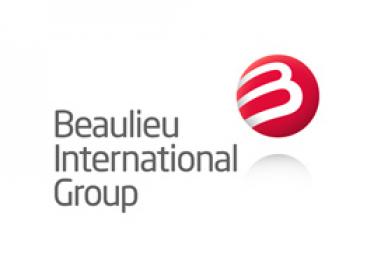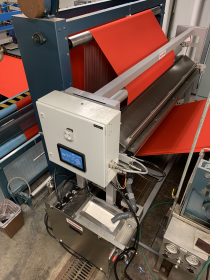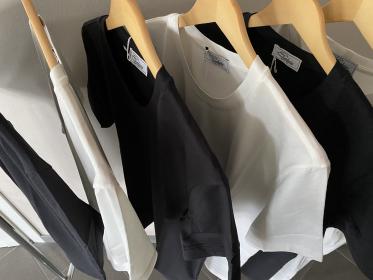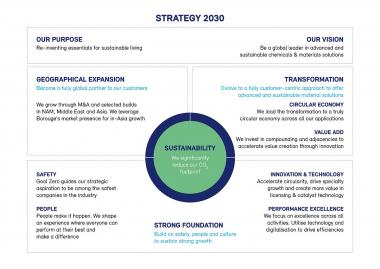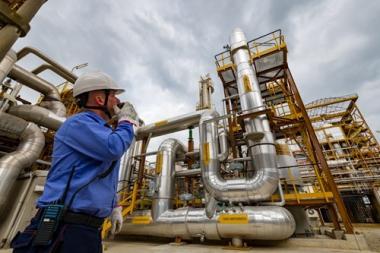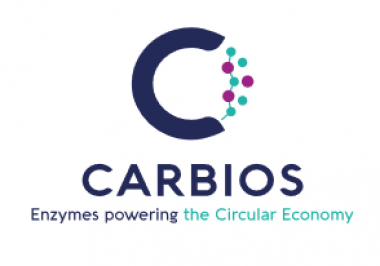RadiciGroup publishes Sustainability Report 2021
- Sustainability Report 2021 combines financial and non-financial performance indicators
- 2011-2021: 60% reduction in greenhouse gas emissions per metric ton produced. 51.7% renewable source energy achieved
- ESG criteria (environmental impact (E), social values (S), organizational governance (G)) determine sustainability strategy
The new RadiciGroup Sustainability Report has been published. With the goal of continuous improvement, the 2021 report has a broader reporting boundary compared to prior years and takes into consideration all the Group companies, including sales and service companies. Over 30 sites located across Asia, North America, South America and Europe have provided their 2021 data on economic, social and environmental performance.
Not only indicators of a financial nature but also measures of environmental impact (E), social values (S) and good organizational governance (G): the latter so-called ESG criteria have become a priority for RadiciGroup, which is preparing for the new European Union non-financial reporting directive in order to contribute to the transition towards a fully sustainable economic system and increase the value of its companies.
On the environmental front, the themes of climate change and decarbonization are RadiciGroup priorities and part of a policy aimed at the uncoupling of growth and resource usage. The Group undertakes to lower emissions from production and choose limited-impact energy sources. This commitment is confirmed by the numbers: in the 2011-2021 period, total emissions per metric ton produced were reduced by 60%, while renewable source energy used by the Group reached 51.7%. Specific investments to decrease environmental impact are ongoing: in 2021, EUR 3.1 million were allocated to introduce best available techniques and improve emissions abatement and energy efficiency.
RadiciGroup promotes professional growth by valuing competence and investment in training: Group training hours once again rose after the pandemic period from 36,000 hours in 2020 to 46,000 hours in 2021. The training method was often a hybrid, taking advantage of aspects experimented with during the pandemic, that is, less traveling and use of facilities in favour of higher groupwide attendance, without the need for participation limits. Fifty-five percent of total training hours was dedicated to health and safety, which has yielded positive results based on the related indicators.
Angelo Radici, president of RadiciGroup: “Today, the United Nations 2030 Agenda for Sustainable Development is our main guideline on sustainability issues. It shows us an ambitious scenario and urges us to confront a multitude of challenges that affect our enterprise from every point of view. We try to be quick to react and tenacious, staying faithful to our roots and our style, but expanding our perspective to become increasingly more competitive and proactive in the businesses we are engaged in. From the viewpoint of achieving less environmental impact in the future, we propose to be an enabler and facilitator for our stakeholders on themes such as the circular economy, where we see ourselves as protagonists in ecodesign and recycling, as well as innovation, which we put at the service of anyone who is processing and using our products, so as to offer real sustainability solutions together.”
RadiciGroup


















